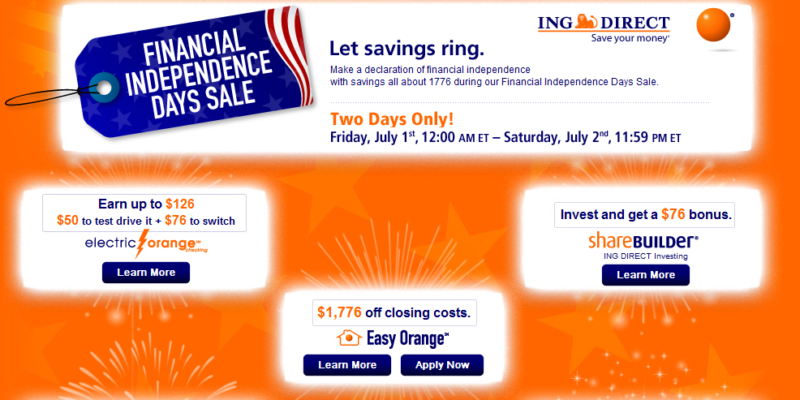- English: Jalopy car in Joshua Tree National Park in Hidden Valley Campground (Photo credit: Wikipedia)
Selling Your Car
When it’s time to replace your car, most people focus on the new car, instead of the old, but that is ignoring real money. Your old car–unless it has disintegrated–still has value. Sometimes, it’s just time to ask yourself, “When should I sell my car?”
When you’re looking to sell your car (like with We Will Buy Your Car), you generally have several options:
- Tow & crush. If your car has been wrecked, doesn’t run, or is just old and beat up, you may be stuck with calling a junkyard and accepting $50 for them to pick up your car and crush it for scrap.
- Trade it in. This is probably the least hassle, but–other than #1–doesn’t pay well. Dealerships are willing to pay something under what they will get at a wholesale auction, which is quite a bit less than the blue book value.
- Sell it yourself. Now you’re thinking, “He’s going to buy my car! Oh, bother.” It can be a pain, but it’s also the best way to get a decent price for your wheels.
When you sell your car, there are a few things to keep in mind, much like when you sell something on Craigslist.
- Don’t be alone. There are bad people in the world, but they don’t like witnesses. Bad things are much less likely to happen if you have company.
- Know your price. Specifically, know three price: your dream price, the price that would make you happy, and the absolute lowest price you are willing to accept. Make sure you figure these numbers out ahead of time. Know what you are comfortable with before it comes time to close the deal.
- Check IDs. The buyer is going to want to test-drive your car. That’s fine, but you want to make sure you know who is driving off in your car. “Officer, Sumdood took my car. He was wearing jeans.” That won’t get your car back.
- Clean it up. Get the car detailed before you show it to a potential buyer. A sparkling-clean car will almost always bring in a few hundred extra dollars. It’s well worth the expense.
Following this plan should make the sale go as smoothly as possible and bring you the most possible money.
Readers, what have you done to dispose of an old car?
This is a sponsored post written to provide some insight into the world of used car retail.






